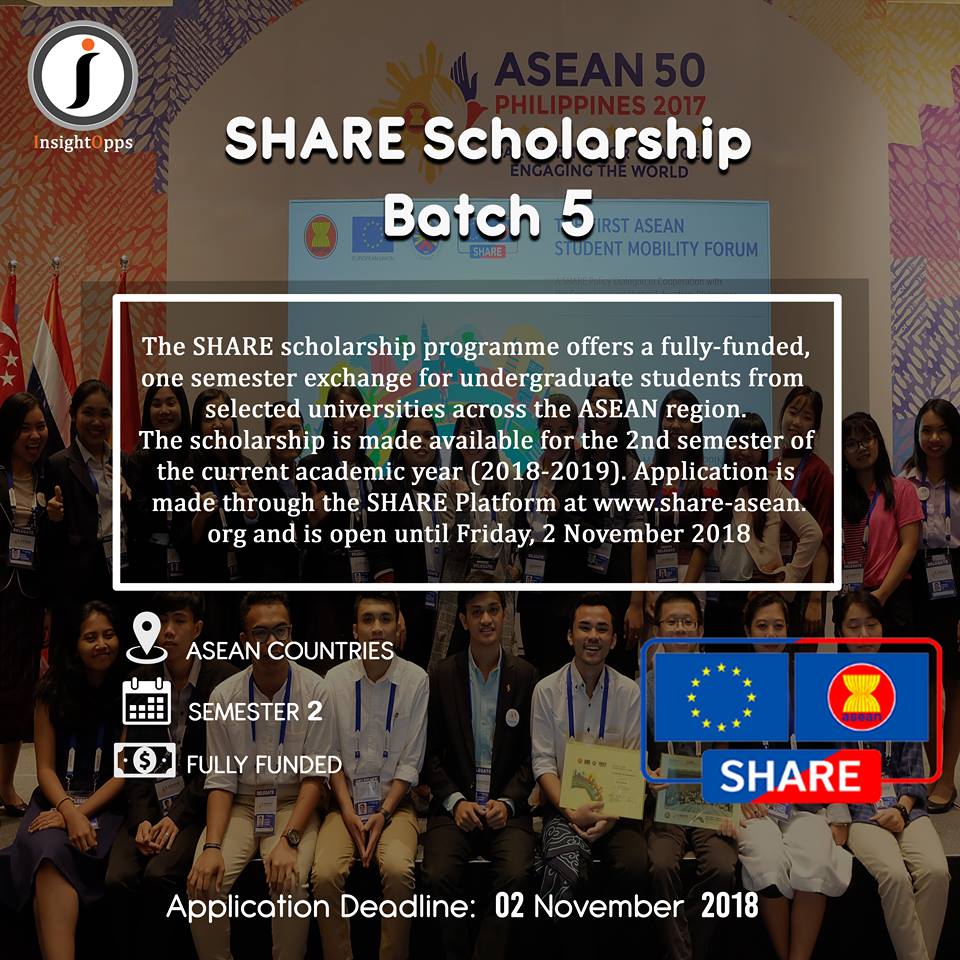|
Erasmus+ (CBHE)
|
Training activities for young lecturers and students of the Faculty of Forestry, University of Agriculture and Forestry
(08-07-2025 16:10)
From June 25 to 28, the FORSU Project Management Board at Hue University successfully organized two short-term training activities for young lecturers and students of the Faculty of Forestry, University of Agriculture and Forestry, Hue University, within the framework of Work Package 6 of the FORSU Project funded by ERASMUS+.
Training course on “Methods for climate-resilient household livelihoods” equipped participants with knowledge about the impacts of natural disasters and climate change on the livelihoods of rural households. Trainees practiced key skills such as designing questionnaires, conducting field interviews, and analyzing data using Excel and SPSS. Through group discussions and interview role-play simulations, participants not only enhanced their professional skills but also developed critical thinking and teamwork abilities. A total of 20 trainees successfully completed the course and were awarded certificates, ready to apply their knowledge in field surveys and research on sustainable livelihood development.
The field training course on forest restoration was conducted at the native tree planting model in Khe Liêm, Phong Điền Nature Reserve, Hue City. Participants had the opportunity to directly engage with a forest landscape restoration model using native tree species, thereby gaining a deeper understanding of the role of biodiversity in ecosystem recovery. The model is funded by the Vietnam Nature Conservation Center, with the Phong Điền Nature Reserve Management Board serving as the forest owner and the Thuan Thien Sustainable Forestry Cooperative as the implementing unit. During the training, participants practiced species identification, measured growth indicators, and assessed the current status of the native tree species being cultivated within the restoration site. Through the process of field measurement, data recording, and analysis of growth indicators, trainees were able to apply theoretical knowledge and gradually develop applied research skills — an essential competency in the context of forestry's shift toward sustainability, climate adaptation, and alignment with local livelihoods. This hands-on experience proved highly valuable, boosting students' confidence in learning and motivating them to contribute to future forest landscape restoration initiatives.
These two training activities align well with the goals of the FORSU project, aiming to strengthen practical skills, analytical thinking, and climate action among the young generation in the forestry sector. They also contribute to promoting higher education closely linked with local sustainable development efforts.
Older News
|
News
Last News
Web link
|








